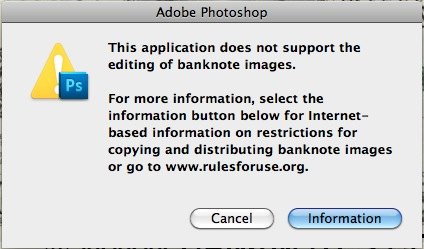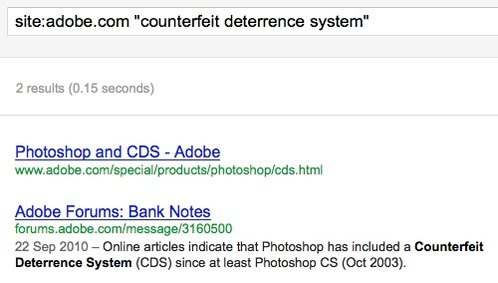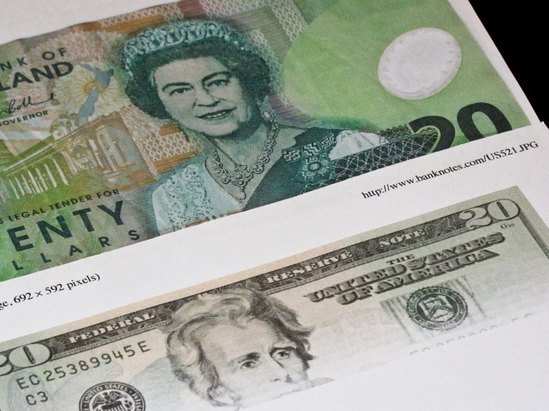
Here is a New Zealand Herald article that contains some shitty and some good advice about money.
Thumbs down
Buying over renting
Buy property young, preferably in your 20s. Move heaven and earth to get the deposit. Rent is wasted money.
Buying a house is not for everyone. Sometimes it doesn’t make financial sense for a particular person. Insurance, rates, money spent on repairs (~$5k~ a year) etc. sometimes make renting a better choice. Run the numbers.
Avoid fines
It’s moronic to incur fines. Like the maniac driver in a big red American-style pickup truck who overtook me on State Highway 2 on December 17, just to be pulled over and fined.
Yes, you shouldn’t speed etc. etc., but this doesn’t contain any useful advice if you do get a fine. Actual advice would be to set up an automatic payment account to a ‘Stupid mistakes’ savings account so you have money to pay inevitable fines.
NEVER SPEND MONEY EVAAAA
Every dollar is precious. Think before you spend it.
I regret frittering money on coffees and unnecessary eating out. It would be better to direct that money towards savings.
Needs and wants are often confused. This is perhaps the biggest financial mistake that people make.
If you enjoy a coffee a day, buy a coffee a day. If you enjoy eating out, eat out. There’s no point earning money if you don’t spend it on stuff you love. Cut back on the stuff you don’t care about, optimize existing spending (subscriptions and phone/internet/TV/power etc. plans) and/or earn more money.
Have a budget!!@@111
Track your spending. You can’t budget if you don’t know what you’re spending.
Perhaps the most popular piece of financial advice ever given out. How many people who write this actually do in it in practice, I’m not sure. Tracking your spending by typing into a spreadsheet or basically anything with mainly manual entry is doomed to fail. Xero with BNZ and ASB by itself both offer spending tracking services within online banking. Or, Xero allows the import of other bank’s transactions. Do mainly electronic transactions (because they can automatically coded into categories) and use these.
Credit cards
Credit cards make you look rich. Anyone can live well for a few years, but the debt catches up.
Credit cards with benefits that are automatically paid off each month are excellent.
Thumbs up
Judging people
People are too quick to judge others’ financial decisions, me included.
1) No one wants unsolicited advice. 2) You have your own problems to worry about.
Pay bills
Pay your taxes on time. The IRD has a big stick.
Pay all bills on time. Automate them. The IRD and other companies are always up for negotiation around deadlines.
Experiences
Spending money on experiences is good spending. I am eternally grateful that I sold all but one of my shares at age 22 (by coincidence in August 1987) and went backpacking through Latin America. It’s good spending if the experience enriches life.
Yes. Also, give experiences as presents instead of physical things.
Save for things. Automatically.
Save before you buy. A bit of a radical concept in 2011, but it can change people’s financial future.
Enter into interest-free deals cautiously
Interest-free hire purchase deals are for suckers. You still pay ad establishment fee and the majority of people fail to clear the debt on time and pay interest anyway.
These places invariably have great clauses such as charging you if you pay anything over the set monthly amount. Once you’ve finished paying the item off you get mailed offers from the company for ever and ever.
Avoid interest
Interest payments on personal loans, credit cards and HP are “idiot tax”. Why throw money away unnecessarily?
Work out how much something will really cost when interest is added before jumping into these. There’s calculators online that will help.
KiwiSaver
KiwiSaver is good.
Get in it.
Advice
Take your advice from people who have been through several cycles. Johnny-come-latelies going through their first financial cycle underestimate the risks.
Ask older people what they would have liked to have known at your age. What would they save for if they could turn back the clock?
Read a book
You can learn more about money. The easiest and cheapest way to improve your knowledge is to get a book out of the library.
Image credit: 401k/401kcalculator.org




